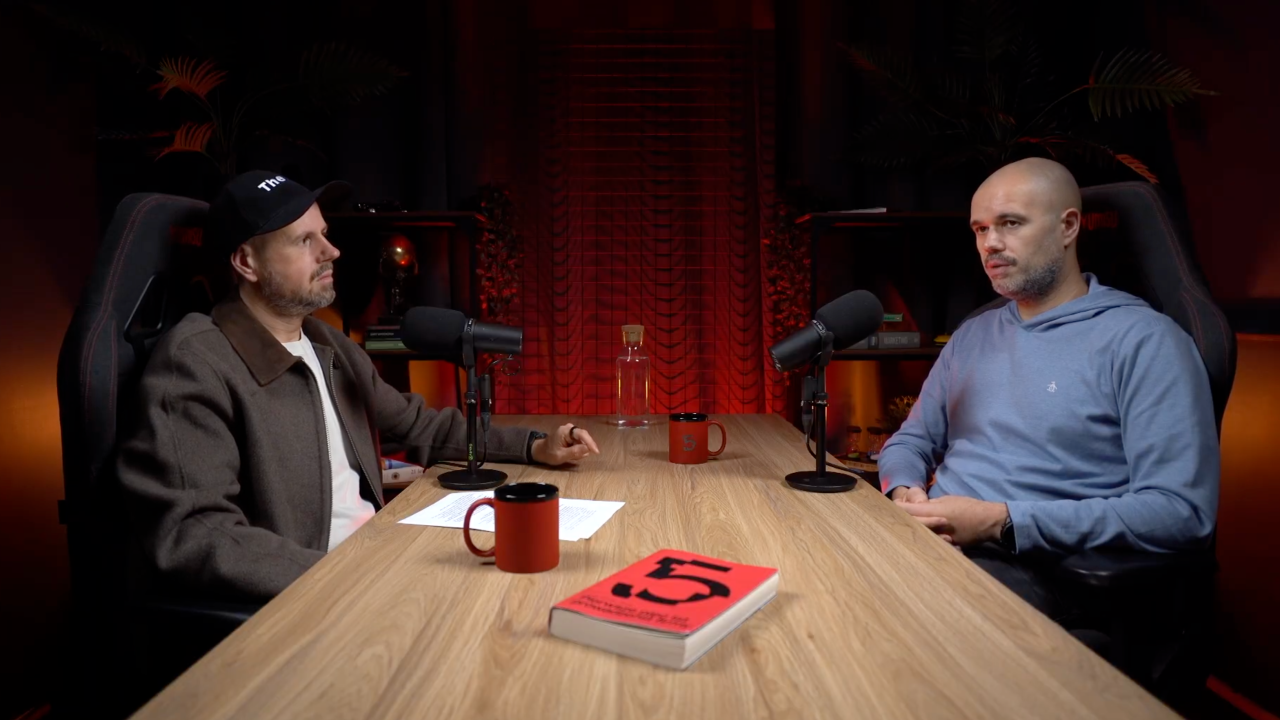Covid, war, inflation, and the general dumpster fire that’s been the global economy lately. The past few years haven’t exactly been a founder’s picnic. A lot of us are reaching the same conclusion: maybe it’s time to sell.
The result? A flood of companies hitting the market, buyers getting picky, and valuations taking a nosedive. It’s a buyer’s market now. But just because everyone else is heading for the exit, doesn’t mean you should too.
So—when should you sell your company? And when is it just a bad day (or year) messing with your head?
That One Terrible Year
I remember the only year Divante didn’t grow.
We were working our asses off and still racking up losses. We had to do our first layoffs. The energy was gone. Every Monday felt like someone died.
At one point, our (very solid) investor asked us straight up:
"Do you guys just want to move to the mountains and be done with it?"
We didn’t. But we weren’t far from saying yes.
Right around that time, we got an acquisition offer. The valuation? About 12 million PLN.
It pissed us off so much, we doubled down instead of cashing out.
Four years later, we sold the company for more than 20x that.
That one lowball offer turned out to be a very expensive mistake—for them.
Every Case Is Different
Look, your situation isn’t mine. You might be burning out, going through a divorce, or maybe you just realized you’d rather run a vineyard.
All valid reasons.
But before you sell out of frustration or fear, ask yourself:
Is there a clear path to turn things around?
For us, there was. It wasn’t easy, but it was doable.
And sometimes that’s all you need: a realistic plan, a bit of stamina, and some help.
Quick Advice If You’re on the Fence
These are things I learned the hard way—take what’s useful:
1. Create an Informal Supervisory Board
No suits or bureaucracy—just smart people you trust. Share your plan. Ask them to hold you accountable. Think of them as your personal board of kick-in-the-ass.
2. Hire a C-Level Partner
Get someone who’s not just an executor but a real sparring partner. Someone who’ll help carry the load and bring fresh perspective.
3. Take a Damn Break
Don’t make life-changing decisions when you’re sleep-deprived and emotionally fried. Take time off. Then come back and write down a clear, time-bound strategy.
Example: “We give this strategy 6 months. If it’s not working by December, we reconsider.”
4. If You Do Decide to Sell—Do It Properly
Bring in an advisor who can maximize your exit. The right person can easily double (or more) what you’d get on your own.
What About You?
Have you ever seriously considered selling your company?
What pushed you to that point—and what made you go through with it (or not)?
Let’s hear it. We don’t talk about this stuff enough.

.svg)
.svg)
.svg)
.png)

.svg)
.svg)
.svg)



